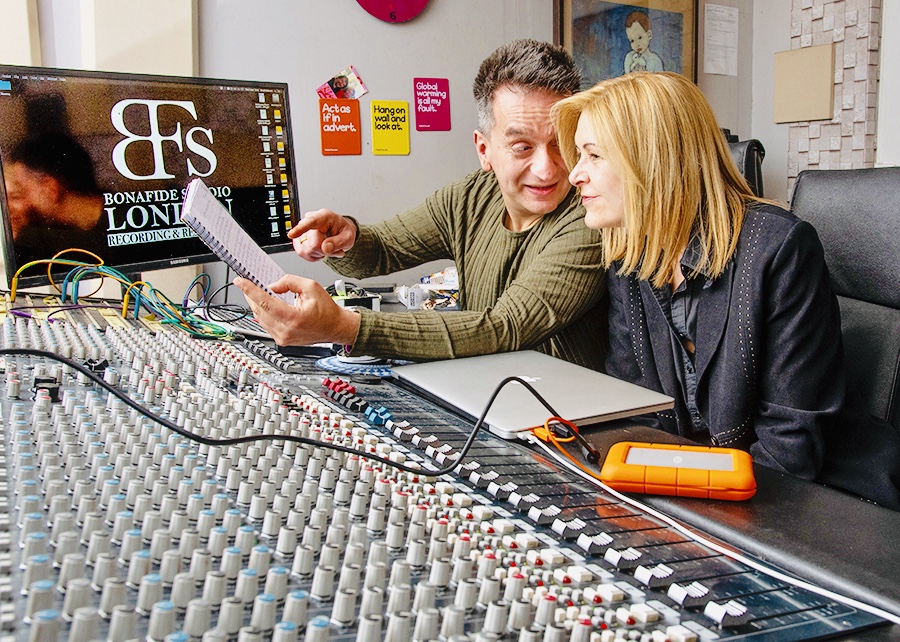
What is the Effect of Gain in Audio?
Having your gain set to low will ensure that the maximum possible gain does not go beyond the clean limit of the amplifier or pre-amp you are using, resulting in a lot of amplification with minimal distortion.

On the other hand, having a high gain will result in the sound signal quickly going beyond the clean limit of your amplifier or pre-amp. Most of the signal gained will result in distortion.
Gain is very important for amplifiers, speakers, and audio systems because it greatly affects the performance of your channels.
Gain and volume are two different sound settings. People confuse them since both have the ability to turn up and down just like with bass, treble, and mids. But gain and volume significantly have similar characteristics compared to the other settings but they are entirely two different adjustments.
Basically, volume refers to the control of loudness of the sound outpu. Volume has nothing to do with sound quality since it’s only to increase or decrease the loudness of a speaker.
On the other hand, gain increases the loudness which ultimately affects your speaker’s sound quality.
Increasing the gain on your speaker will result in a louder sound output but without any distortion. Increasing the gain further on your speaker will eventually reach the volume limit of the amplifier or speaker.
You can add gain without distorting the sound output. Adding more gain to your speaker will make it sound louder, but gain and distortion are two different adjustments.
Increasing the gain on your amplifier or speaker will result in a louder sound output without distortion whatsoever. Further increasing the gain will hit the limit of your speaker or amplifier. You can keep on multiplying the gain factor on your speaker setup but this will eventually lead to distortion.
The modification of the sound wave that reaches the top and bottom of the sound chart creates distortion since your speaker or amplifier is beyond the headroom limit.






